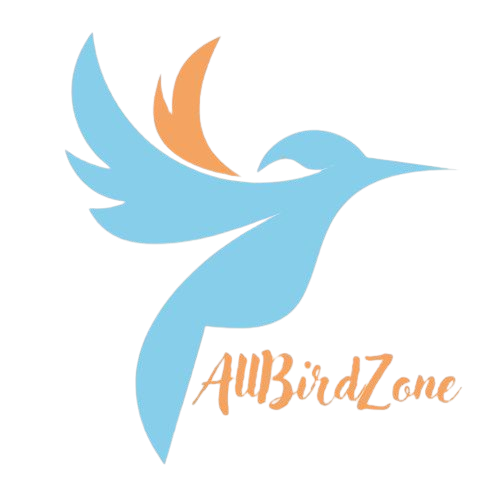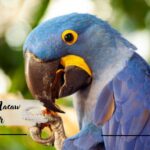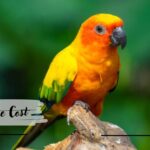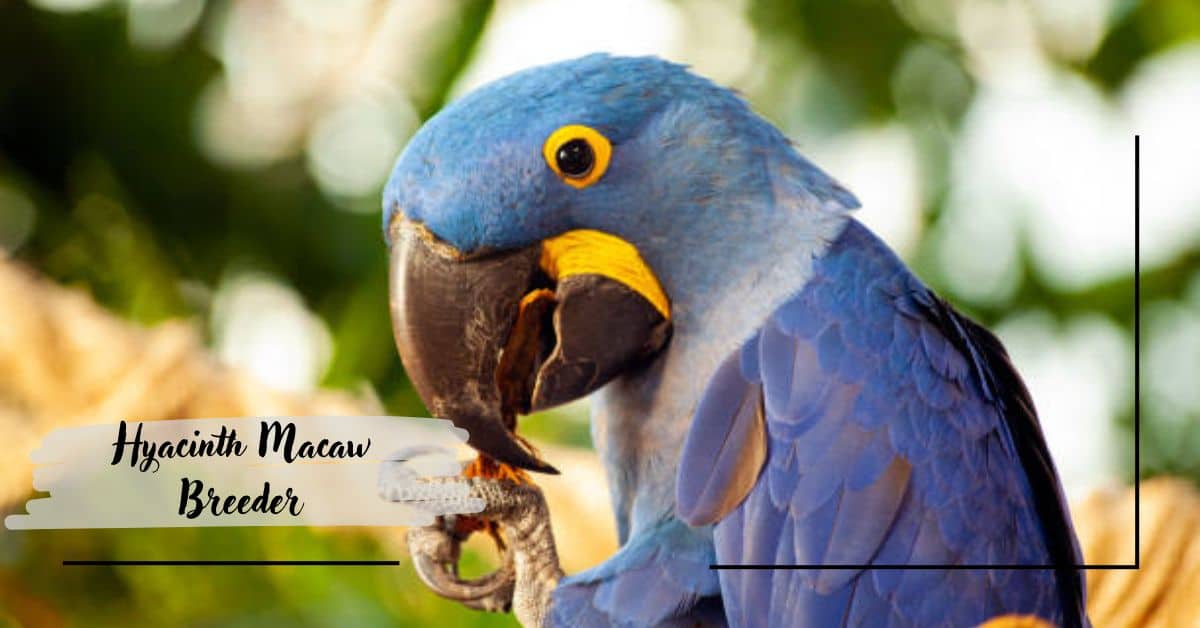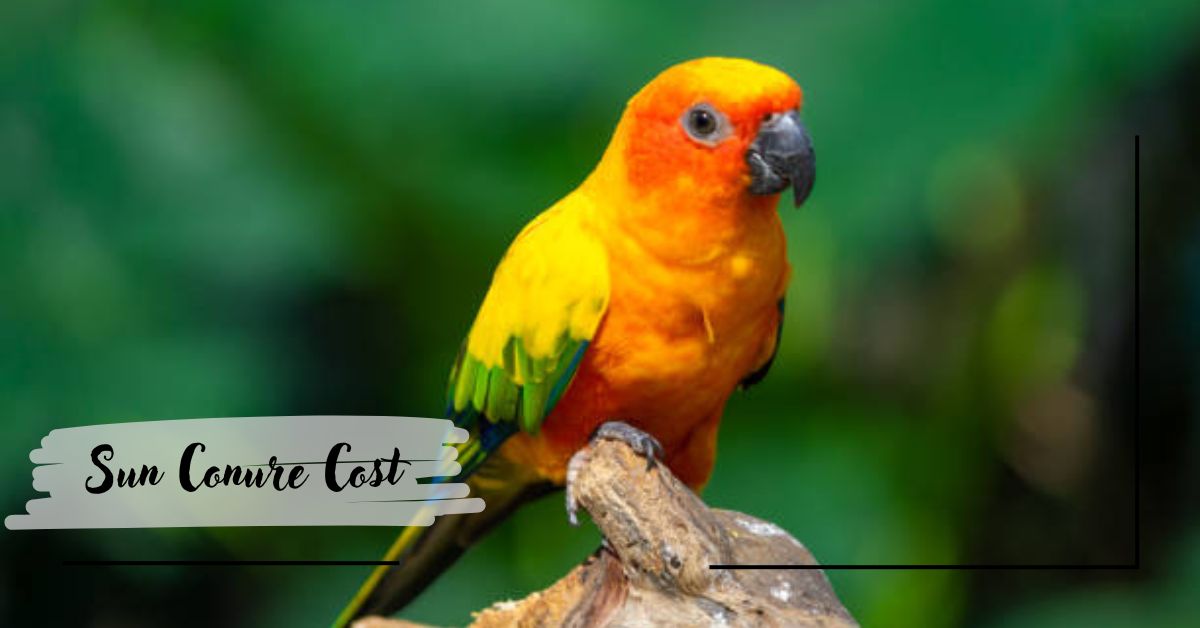Conure Parrot Nesting With Head Exposed is a natural behavior. It helps the bird manage its temperature and improve airflow in the nest. Keeping the head outside also allows the parrot to stay alert for any potential dangers. This behavior ensures the nest remains comfortable and safe for the eggs and chicks.
My Personal Experience with Conure Parrot Nesting and Head Exposure:
I’ve had a conure parrot that would often nest with its head sticking out of the box, and it was fascinating to watch. I learned that this behavior helped with temperature control and ventilation inside the nest. By keeping its head exposed, my conure seemed more comfortable and alert to its surroundings. Ensuring the nesting area was clean and at the right temperature made a big difference in its overall comfort and health. Observing these small details has helped me provide a better environment for my conure’s nesting needs.
What is Conure Parrot Nesting?
Conure Parrot Nesting refers to the process where conures (a type of small, colorful parrot) prepare a specific area to lay their eggs and raise their young. In the wild, they use natural tree cavities or nests. In captivity, they are often provided with nest boxes. During nesting, conures create a safe and comfortable environment by lining the nest with materials such as twigs, feathers, and leaves. This behavior ensures that the eggs and chicks are protected and warm.
What is Meant by Conure Parrot Nesting with Head Exposed?
When a conure parrot nests with its head exposed, it means the bird has its head outside the nest box or nesting site while the rest of its body remains inside. This behavior can have several purposes:
- Temperature Regulation: The exposed head helps the conure manage its body temperature by allowing it to cool off or stay warm.
- Ventilation: Keeping the head outside improves airflow within the nesting area, preventing it from becoming too humid.
- Vigilance: The exposed head allows the conure to keep watch for predators or threats, enhancing its safety. An exposed head allows the bird to be more alert to any potential dangers, ensuring the safety of their eggs and young.
What Does Head Bobbing Mean in Conures?
Head bobbing in conures is a common behavior where the bird rapidly moves its head up and down. This can signify several things:
- Courtship: During mating rituals, head bobbing is a way for conures to show interest and attract a mate.
- Feeding: Parents may bob their heads to encourage chicks to feed.
- Excitement or Aggression: Head bobbing can also be a sign of excitement or a display of aggression.
Nesting Behavior in a Conure:
Nesting behavior in conures encompasses several essential stages: first, the conure selects or constructs a nest site, often a box provided in captivity. Next, it gathers and arranges materials like twigs, leaves, and feathers to line the nest, creating a comfortable environment. The female then lays a few eggs, which both parents take turns incubating to keep them warm and safe. Once the eggs hatch, the parents diligently feed and care for the chicks until they are mature enough to leave the nest.
How Do Conure Parrots Typically Nest?
Conure parrots typically nest in the following 2 ways:
Nest Boxes:
In captivity, conures are often provided with wooden or plastic nest boxes. These mimic natural nesting sites and are lined with materials supplied by the owner or collected by the birds.
Natural Cavities:
In the wild, conures use tree cavities or cliff ledges as nesting sites. They line these cavities with materials to create a safe space for their eggs.
When Do Conure Parrots Nest?
Conure parrots nest during their breeding season, which varies by environment: in captivity, they can breed year-round due to controlled conditions like light and temperature, while in the wild, nesting generally occurs in spring and summer when food is plentiful and environmental conditions are optimal.
Which Factors Affect Nesting Behavior?
Environment:
Conures need a safe and comfortable nesting spot. The temperature and humidity should be just right neither too hot nor too cold. Proper conditions help the eggs hatch successfully.
Health:
Healthy conures are better at nesting. They need to be well-fed and free from illness. Regular vet check-ups and good nutrition are key.
Companionship:
A good relationship between the male and female conures helps with successful nesting. If they get along well, they will work together better to care for the eggs.
How Do I Know if My Conure is Going to Lay an Egg?
Observing a few signs lets you tell if your conure is about to lay an egg. The bird might spend more time near or inside the nest box, collecting materials for nesting. You may notice changes in behavior, such as increased aggressiveness or a heightened focus on the nest area. Additionally, the conure might show physical changes like a slightly swollen abdomen. These signs indicate that the conure is preparing for egg-laying.
How Do You Tell if a Conure is Stressed?
You can tell if a conure is stressed by observing several signs. The bird might become more aggressive or territorial, engage in excessive feather plucking, or show changes in eating and drinking habits, such as eating less or drinking more water than usual. Additionally, a stressed conure may seek out hiding spots or isolate itself more frequently.
My Bird Has Little Spikes Coming Out of Its Head; Is It a Problem?
Little spikes or growths on a conure’s head can be either a normal part of feather development, especially in young birds where the spikes are developing feathers, or they might indicate a problem. Abnormal growths or bumps could be signs of infections or diseases, while external parasites can also cause unusual skin changes. If you notice these spikes and are concerned, it’s best to consult a veterinarian to determine the cause and ensure your bird’s health.
Why is My Bird Hiding Under Furniture?
If your bird is hiding under furniture, it could be due to stress or fear, as the bird might be seeking a safe refuge if it feels threatened or scared. Alternatively, hiding could signal underlying health issues or discomfort, which may warrant a closer look at the bird’s well-being. In some instances, the behavior might be linked to nesting instincts, where the bird is trying to create a secluded, protected area for itself. Observing other behaviors and consulting with a veterinarian can help determine the exact cause and ensure appropriate care.
Sudden Self-Mutilation During Incubation in Green Cheek Conures:
Stress:
High levels of stress or anxiety can lead to self-mutilation.
Health Issues:
Underlying health problems, such as infections or nutritional deficiencies, can cause abnormal behaviors. Regular vet check-ups can help identify and treat these issues promptly.
Environmental Factors:
Inadequate nesting conditions or disturbances, such as loud noises or overcrowding, can stress the bird. Ensuring a quiet, comfortable, and safe environment can help reduce stress and prevent such behaviors.
If you notice this behavior, it’s important to seek veterinary advice to address the underlying issue and ensure the bird’s well-being.
Frequently Asked Questions:
How Can I Make My Conure’s Nesting Spot Better?
To make your conure’s nesting spot better, keep the nest box clean and use soft materials like paper or wood shavings inside. Make sure the temperature and humidity are just right, and place the box in a quiet, safe place so your bird feels secure.
How Do I Know If My Conure Is Ready to Have Babies?
If your conure is ready to have babies, you might notice it getting more interested in the nesting box, making different sounds, and acting more affectionate or protective. The female may also start showing behaviors like arranging nesting materials.
How Can I Stop My Conure from Chewing the Nest Box?
To stop your conure from chewing the nest box, give it plenty of toys and chewable treats to keep it busy. Use a strong nest box and provide other things like wood blocks for chewing.
Why Isn’t My Conure Using the Nest Box?
If your conure isn’t using the nest box, it might be because the box isn’t right for them, it’s in the wrong place, or it doesn’t have enough nesting materials. Make sure the box is comfortable, in a quiet spot, and filled with soft materials.
What Should I Do If My Conure’s Eggs Aren’t Hatching?
If your conure’s eggs aren’t hatching, check if the temperature and humidity are correct. Make sure both parents are taking care of the eggs. If nothing changes, talk to a vet to see if there’s a problem with the eggs or the birds.
Conclusion:
This behavior often relates to temperature control, improved airflow, and staying alert for potential threats. By providing a comfortable and secure nesting environment, you support your conure’s natural instincts and help prevent stress or health issues. If you have concerns or notice unusual behaviors, consulting a vet can ensure your conure remains healthy and happy.
